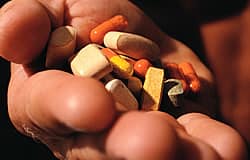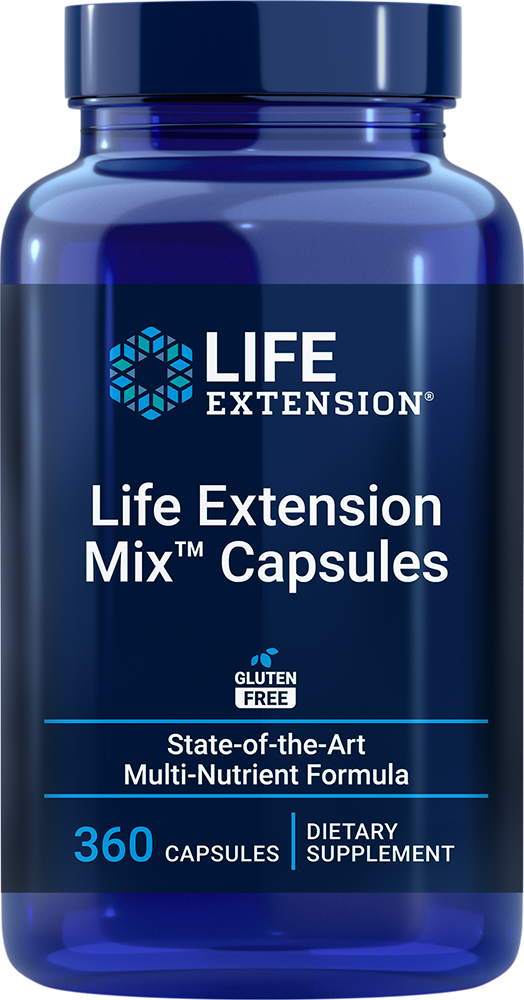| A report published online on December 5, 2008 in the journal Diabetologia revealed the finding of researchers at the University of Warwick in England that high doses of the B vitamin thiamin can reverse one of the signs of early kidney disease in diabetic patients. Diabetes greatly increases the risk of kidney disease, which is detected in its early stage by testing for albumin in the urine. A high excretion rate of albumin (microalbuminuria) is indicative of diabetic nephropathy, which progressively worsens over the years. In earlier research conducted at the University of Warwick, it was shown that individuals with type 2 diabetes are often deficient in vitamin B1. The vitamin may be needed to prevent a range of vascular problems that occur in the disease. Naila Rabbani and Professor Paul J Thornalley of Warwick Medical School, in collaboration with researchers at the University of Punjab in Pakistan randomized 40 type 2 diabetics with microalbuminuria to receive three 100 milligram capsules of thiamine per day or a placebo for three months, followed by a two month washout period during which no treatment was administered. Urinary albumin excretion and other markers of kidney and vascular dysfunction were evaluated at the beginning and end of the treatment period. Plasma thiamin levels were also measured. Thiamin levels were found to be abnormally low among the participants at the beginning of the trial. Levels rose dramatically following treatment with the vitamin, and returned to baseline levels during the washout period. By the end of the three month treatment period, the researchers observed a 41 percent average decrease in albumin excretion among patients who received vitamin B1. Thirty-five percent of participants experienced a return to normal albumin excretion with thiamin treatment. “This study once again highlights the importance of Vitamin B1 and we need to increase awareness,” Dr Rabbani stated. “Professor Thornalley and I are planning a foundation at the University of Warwick to further education and research in thiamine deficiency.” | 













